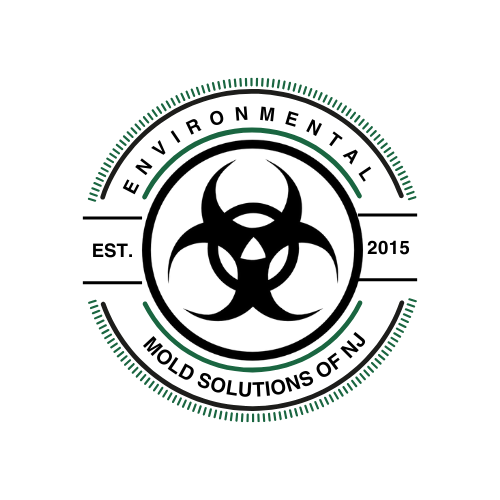What goes into a blog post? Helpful, industry-specific content that: 1) gives readers a useful takeaway, and 2) shows you’re an industry expert.
Use your company’s blog posts to opine on current industry topics, humanize your company, and show how your products and services can help people.
Mold Hazards Blog
The Hidden Dangers of Mold in Homes and Businesses: Why a Mold Inspection is Critical
Mold is a silent intruder that can wreak havoc on our homes and businesses, compromising both our health and the structural integrity of the property. While it may often go unnoticed, the dangers of mold should not be underestimated. This blog aims to shed light on the significant risks associated with mold growth and emphasizes the critical importance of regular mold inspections.
The Health Risks:
One of the primary concerns when it comes to mold is the detrimental impact it can have on our health. Mold releases tiny spores into the air, which, when inhaled, can trigger a range of health issues. Individuals exposed to mold may experience respiratory problems, such as coughing, wheezing, and nasal congestion. Those with allergies or asthma are particularly susceptible to more severe reactions. Prolonged exposure to mold can lead to chronic respiratory conditions and even contribute to the development of asthma in children.
Structural Damage:
Apart from health risks, mold can also cause significant structural damage to our homes and businesses. Mold thrives in moist environments, such as bathrooms, kitchens, basements, and crawl spaces. As it grows, it gradually breaks down organic materials like wood, drywall, and insulation. Over time, this can weaken the structural integrity of the building, leading to costly repairs and potentially rendering the property uninhabitable.
Importance of Mold Inspections:
Given the dangers associated with mold, it is crucial to prioritize regular mold inspections for both residential and commercial properties. Here are some key reasons why a mold inspection is critical:
- Early Detection: Mold can often be hidden within walls, under floors, or in areas with limited visibility. A professional mold inspection can identify even the slightest signs of mold growth, allowing for early detection and intervention. By addressing the issue promptly, you can prevent further spread and minimize potential health and structural risks.
- Accurate Assessment: Mold inspections involve a comprehensive assessment of the property, including visual inspections and sampling techniques. Certified mold inspectors have the expertise to identify and evaluate the extent of mold growth. This assessment provides valuable information that can guide the development of an effective mold remediation plan.
- Health Protection: By conducting a mold inspection, you are taking proactive steps to safeguard the health and well-being of yourself, your family, or your employees. Identifying and eliminating mold sources can significantly reduce the risk of respiratory issues and allergic reactions, creating a healthier living or working environment.
- Insurance and Legal Purposes: In certain cases, a mold inspection may be required for insurance claims or legal disputes. Having documented evidence from a professional inspection can support your case and ensure a fair resolution.
Conclusion:
Mold growth poses significant risks to both our health and the structural integrity of our homes and businesses. Regular mold inspections are essential for early detection, accurate assessment, and the development of effective remediation plans. By prioritizing mold inspections, we can protect our health, preserve our properties, and create safer environments for ourselves and those around us. Don’t wait until mold becomes a visible problem; take action now to ensure a mold-free and healthy living or working space.
